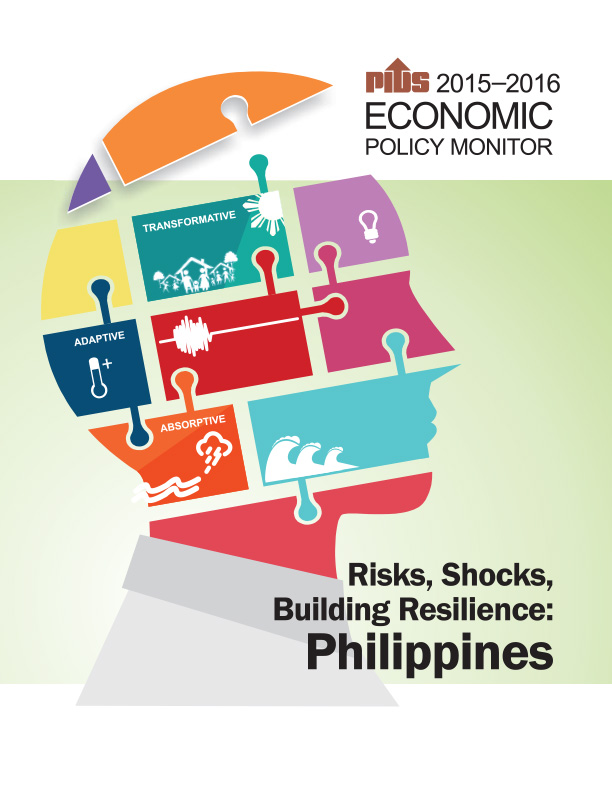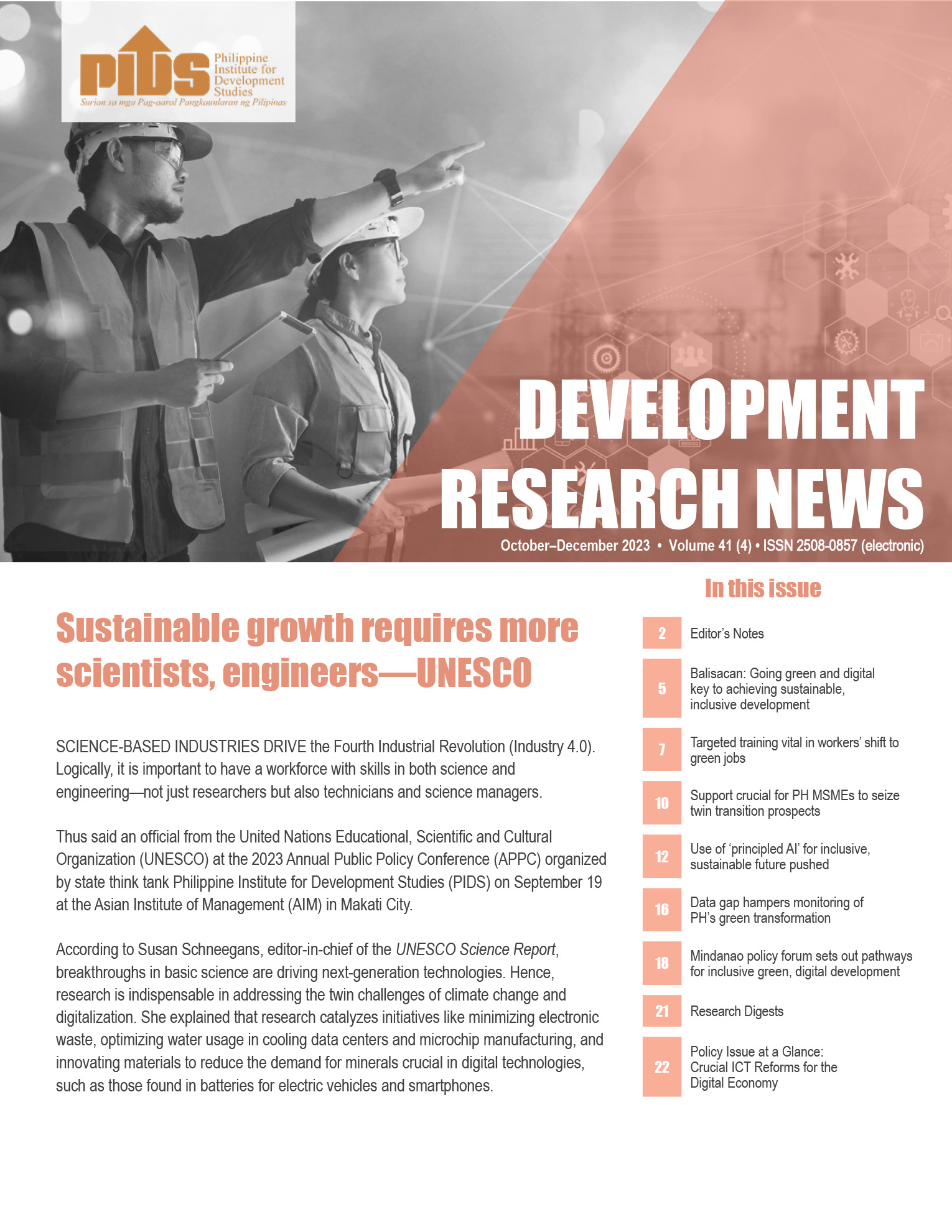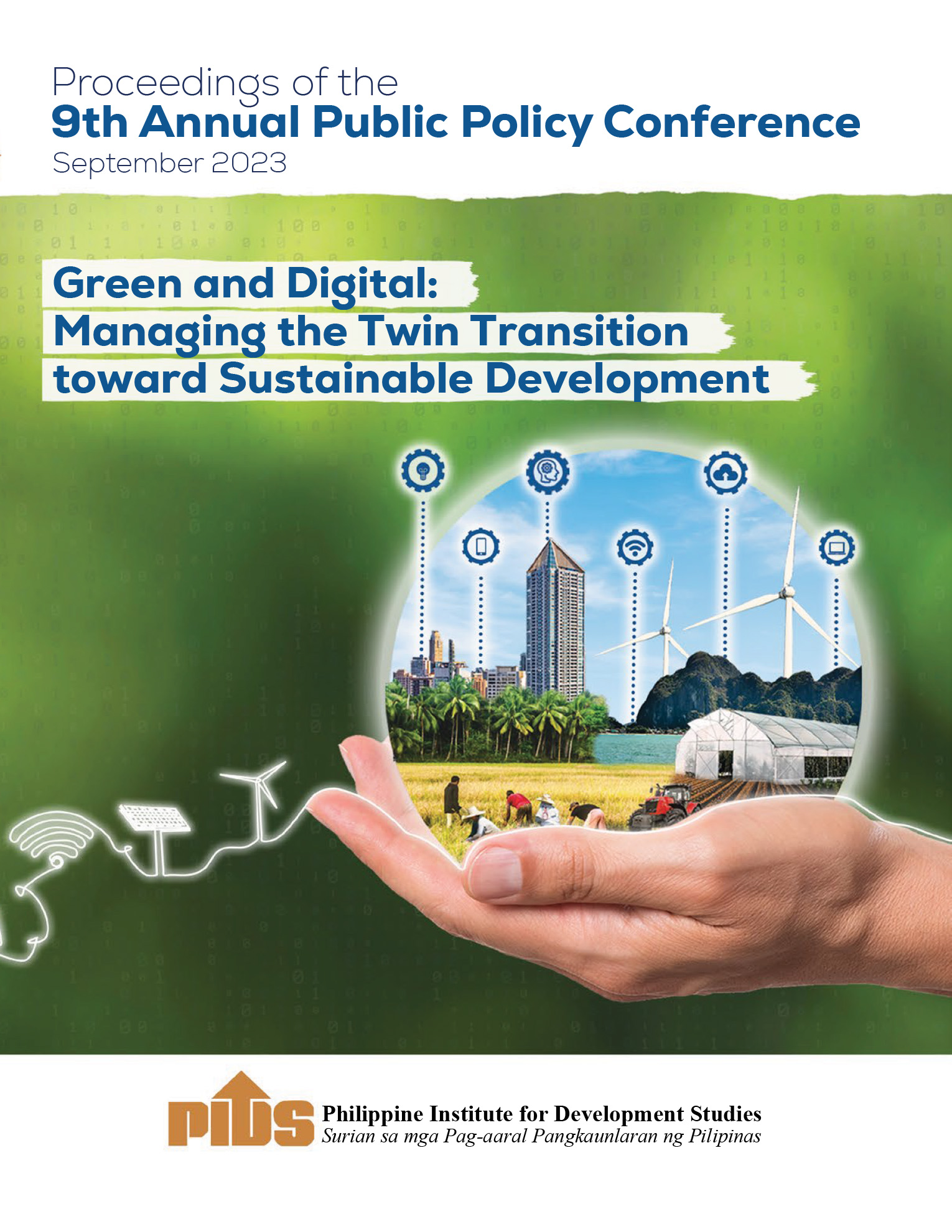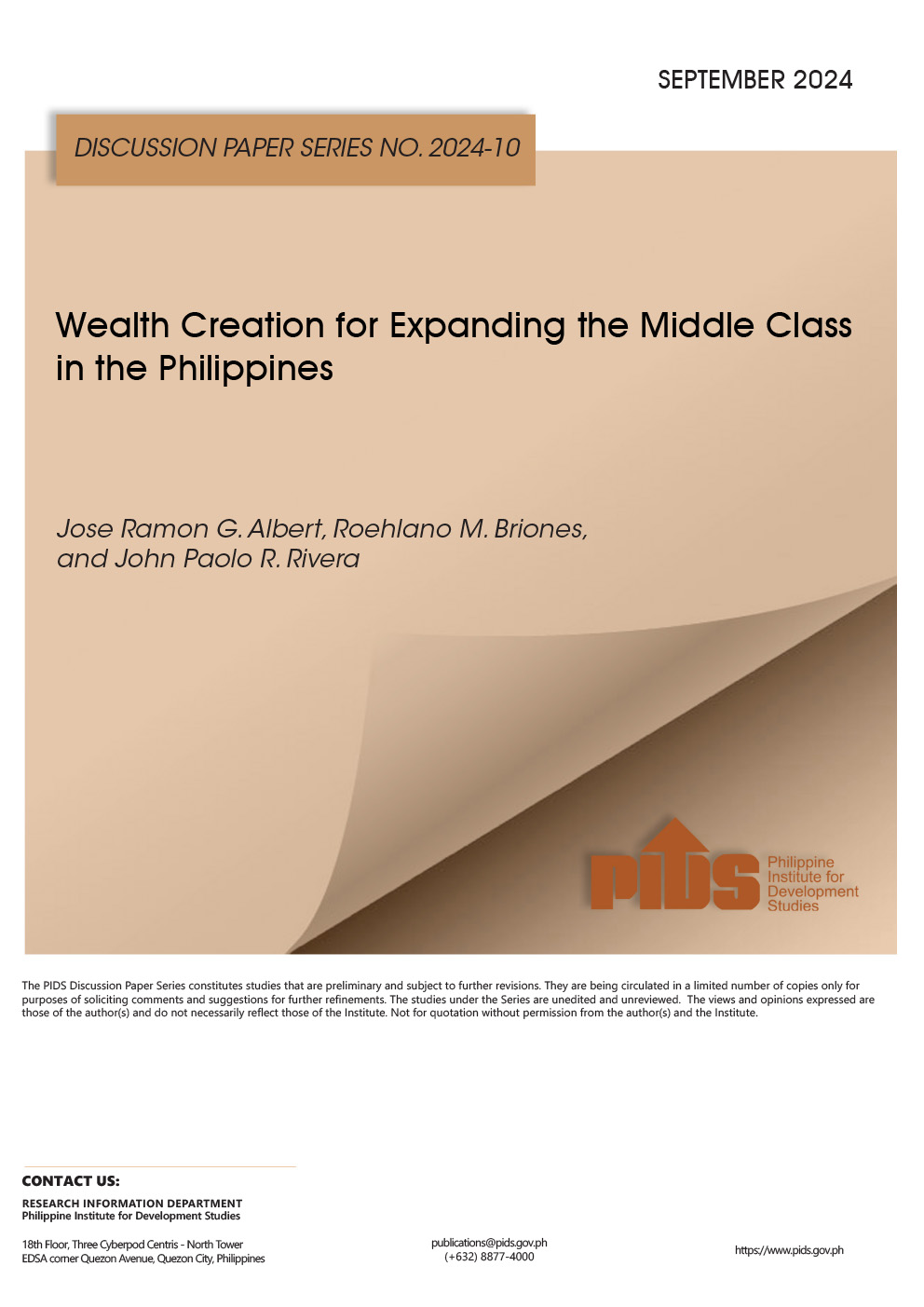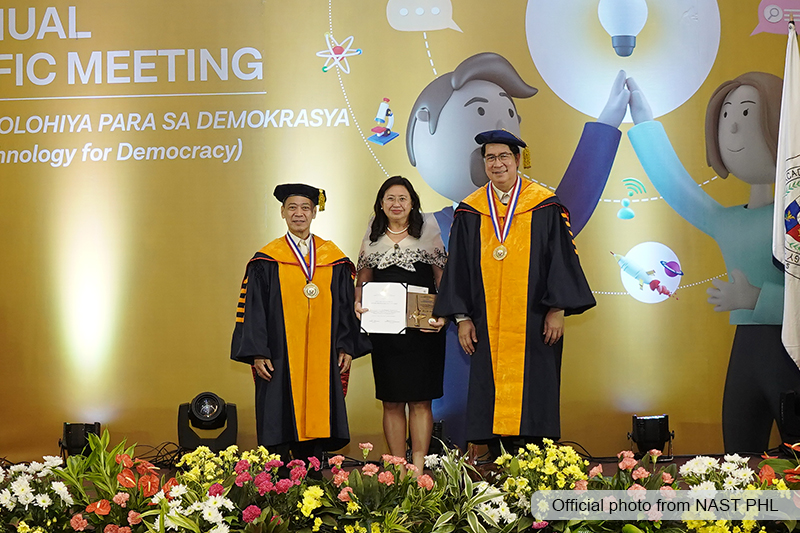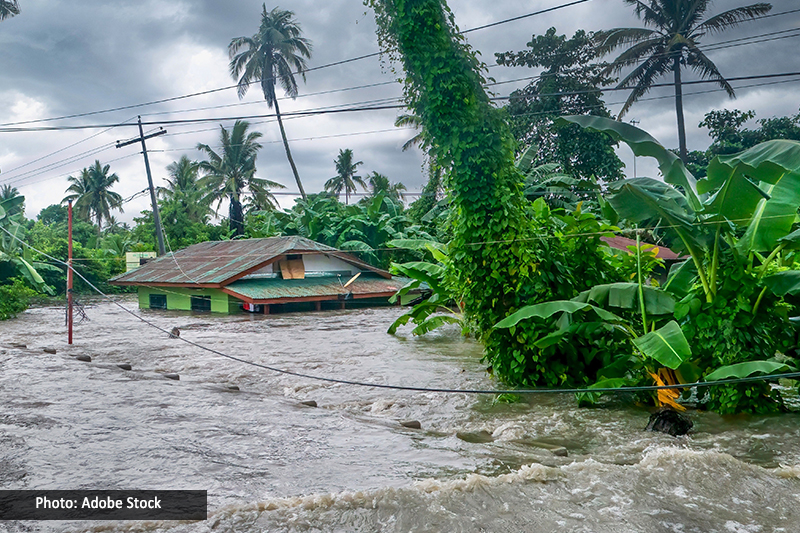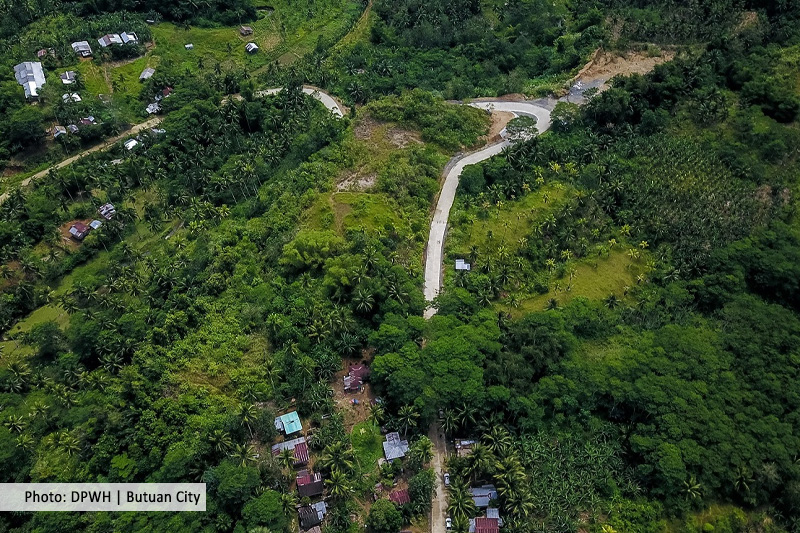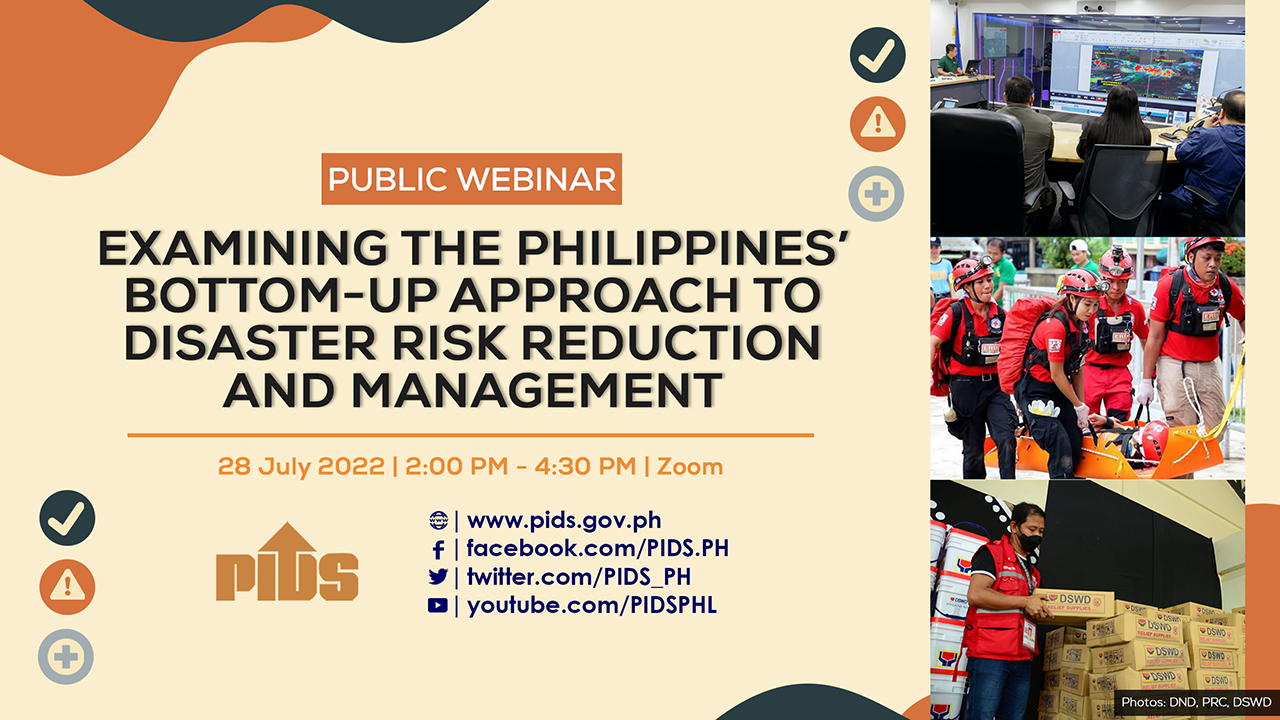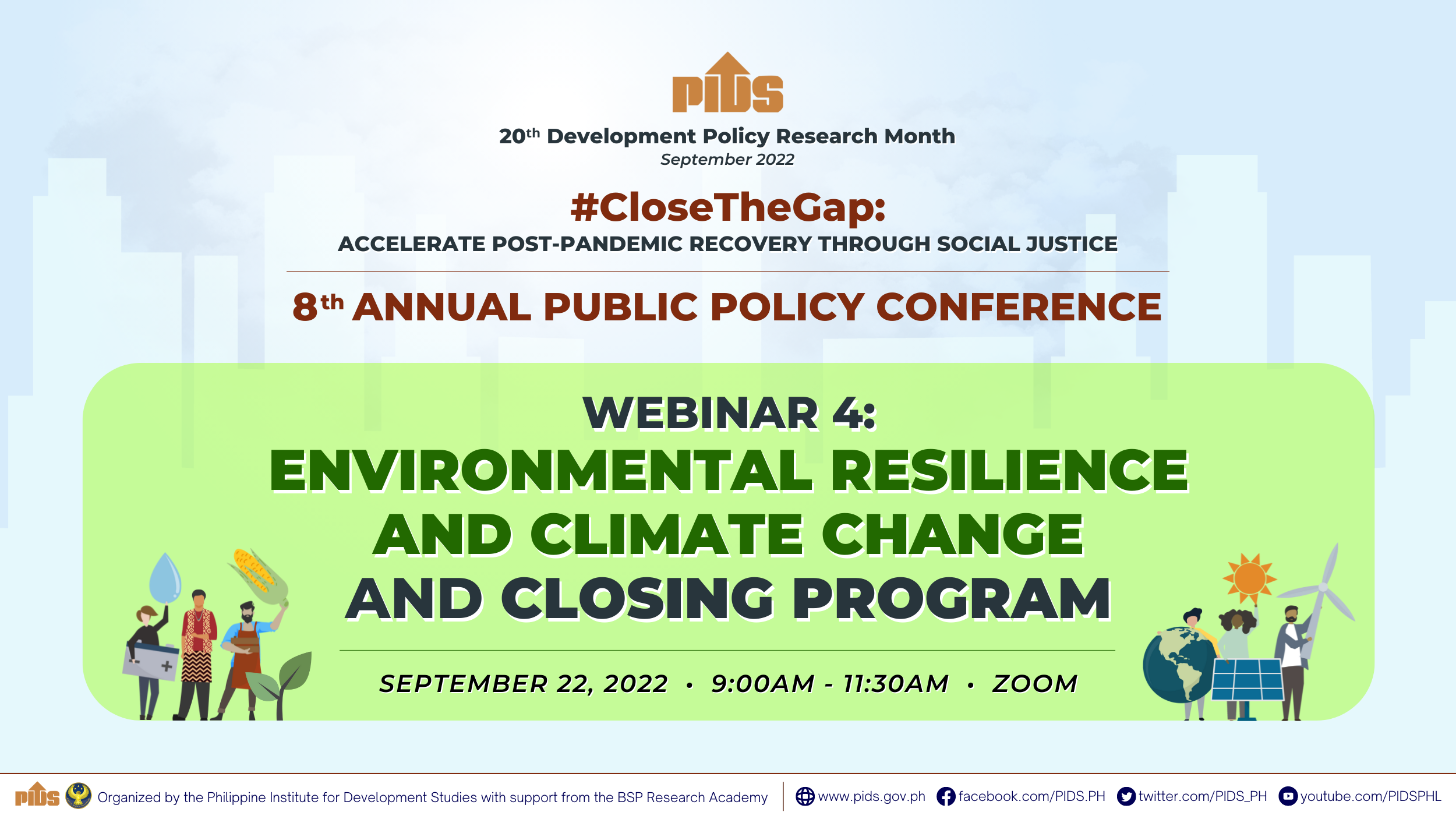Building economic resilience takes center stage on this prepress version of the sixth issue of the PIDS Economic Policy Monitor (EPM). Due to overlapping shocks and risks of varied nature, there is a need to look beyond natural hazards and to acknowledge that the sources of risks are many and interconnected. Evidence points to the critical role of good policies in bolstering coping ability and in building resilient systems. In this line, this EPM presents a framework (Chapter 3) that underscores the significance of appropriate interventions by way of policies, programs, and projects to develop three kinds of capacities: absorptive, adaptive, and transformative. Absorption and adaptation are commonly emphasized in current discussions of resilience, risk reduction, and disaster management. Transformation, meanwhile, refers to improvements or changes in the structures and mechanisms that empower economic agents to respond better to further shocks and stresses. With its boosted resilience, a transformed system is more dynamic than its previous state and thus capable of responding to change effectively.
To support this argument, this EPM provides an analysis (Chapter 1) that shows signs of the Philippines' economic resiliency. Despite its exposure to various risks, the country is growing faster than its middle-income neighbors. Likewise, a number of important policies considered and/or taken up by the government are reviewed (Chapter 2). Policies and programs that would make growth and access to opportunities more inclusive and would protect vulnerable sectors are a key complement to growth-accelerating strategies. If properly implemented, they will help achieve the much-coveted sustainable and inclusive growth.

